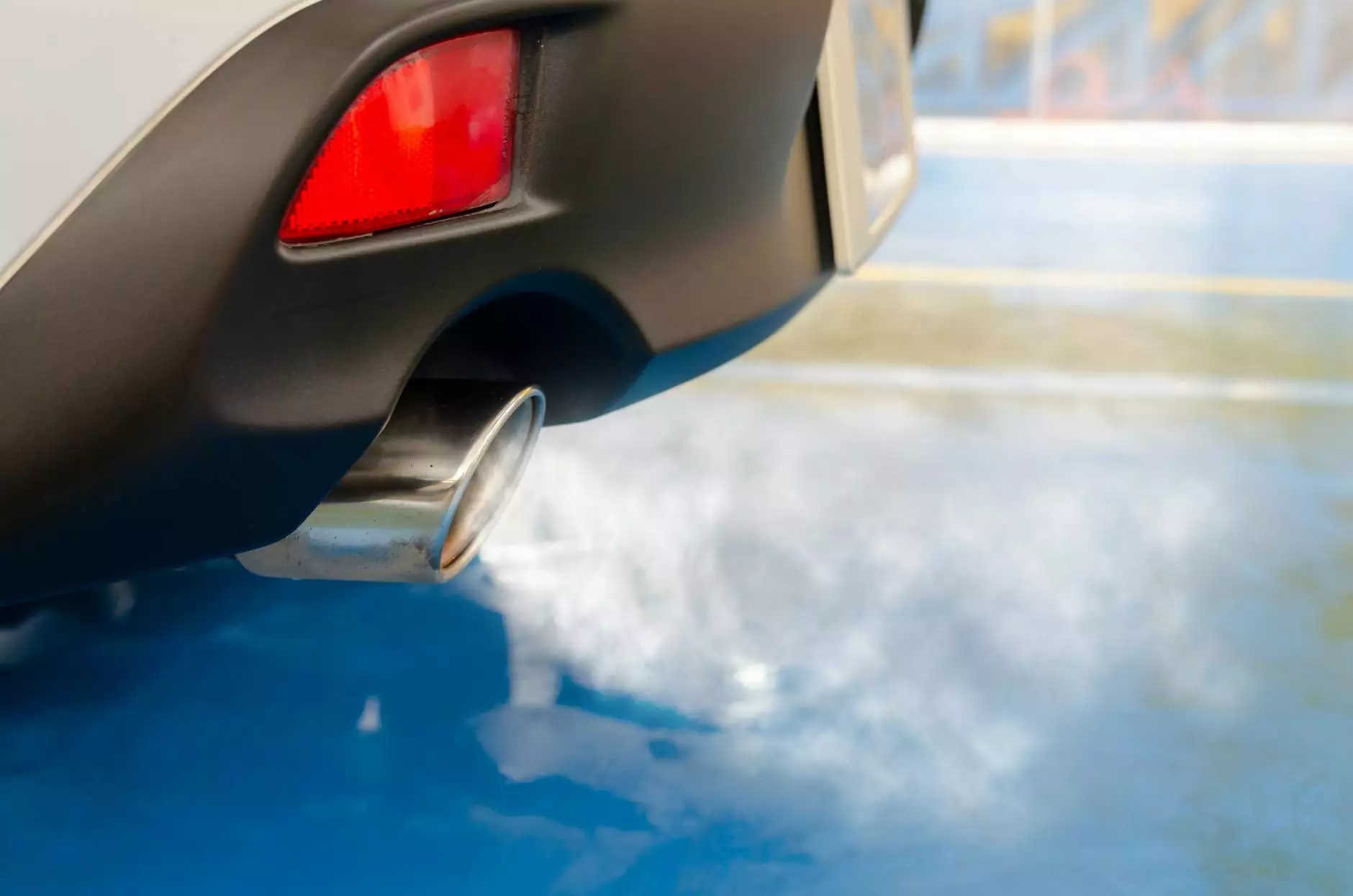Engine Won't Turn Over When It Sits Overnight
Chassis
Welcome to Grafco Electric's comprehensive guide on troubleshooting why your engine won't turn over when it sits overnight. We understand the frustration and inconvenience this problem can cause, so we have prepared this detailed guide to help you diagnose the issue and find proper solutions.
Common Causes for Engine Not Turning Over
- 1. Weak or Dead Battery: A weak or dead battery is one of the most common reasons for an engine not turning over. It could be due to battery age, improper maintenance, or a faulty charging system. Check your battery's voltage and connections.
- 2. Starter Motor Problems: A faulty starter motor may prevent your engine from turning over. Look out for clicking noises or grinding sounds when attempting to start the vehicle. If you suspect a starter motor problem, it might need repair or replacement.
- 3. Ignition System Issues: Proximity to other electrical components or a malfunctioning ignition switch can prevent the ignition system from working correctly. Inspecting the ignition circuit and related components can help identify potential issues.
- 4. Fuel Delivery Problems: Insufficient or contaminated fuel can cause starting issues. Check the fuel pump, fuel filter, and injectors for any malfunctions, clogs, or leaks that may hinder proper fuel delivery.
- 5. Faulty Spark Plugs: Worn-out or dirty spark plugs can affect engine ignition. Regularly inspect and replace spark plugs according to your vehicle's manufacturer recommendations.
- 6. Clogged Air or Fuel Filters: Dirty air or fuel filters can restrict the necessary flow, leading to starting problems. Ensure filters are clean and free from debris.
- 7. Temperature-Related Issues: Extreme cold or heat can affect engine performance, especially during overnight periods. Consider environmental factors that might impact your vehicle's ability to start.
Troubleshooting Steps to Get Your Engine Turning Over
Diagnosing and Addressing Battery Issues
If you suspect a weak or dead battery, start by checking its voltage using a voltmeter. A healthy battery should read around 12.6 volts when fully charged. If the voltage is significantly lower, it may need recharging or replacement. Ensure that the battery terminals are clean, tight, and free from corrosion. If the battery and terminals seem fine, proceed to check the charging system, including the alternator and related wiring.
Inspecting the Starter Motor
If your battery is in good condition, but the engine still won't turn over, the starter motor might be the culprit. Listen for clicking or grinding noises when attempting to start. These sounds often indicate a faulty starter motor. Consider having a professional technician inspect the starter motor and perform any necessary repairs or replacements.
Examining the Ignition System
A malfunctioning ignition system can prevent your vehicle from starting properly. Check the ignition circuit, ignition switch, and associated wiring for any signs of damage, loose connections, or worn-out components. It may be necessary to seek professional assistance if you encounter problems within the ignition system.
Addressing Fuel Delivery Problems
Adequate fuel delivery is crucial for engine starting. If you suspect a fuel-related issue, inspect the fuel pump, fuel filter, and injectors. Look for signs of damage, clogs, or leaks that may affect proper fuel flow. Cleaning, repair, or replacement might be necessary based on your findings.
Checking the Spark Plugs
Regularly inspect your spark plugs for wear and cleanliness. If they appear worn-out, fouled, or covered in deposits, they may need replacement. Consult your vehicle's manual or a professional mechanic for the correct spark plug type and replacement interval.
Inspecting the Air and Fuel Filters
Clogged air or fuel filters can restrict the necessary flow, impacting engine performance. Ensure that both filters are clean and free from debris. Replace them if necessary, following your vehicle manufacturer's recommendations for filter replacement intervals.
Considering Environmental Factors
Extreme temperatures, especially during overnight periods, can affect a vehicle's starting capabilities. In colder climates, consider utilizing block heaters or parking in a garage. Be mindful of any other environmental factors that may impact your engine's performance and take appropriate precautions if necessary.
Professional Assistance and Reliable Solutions
If you have followed the troubleshooting steps outlined in this guide, but the issue persists, it is recommended to seek professional assistance from certified technicians. Grafco Electric is here to help diagnose and resolve your engine starting problems efficiently. Contact us today for expert electrical services tailored to your needs.




